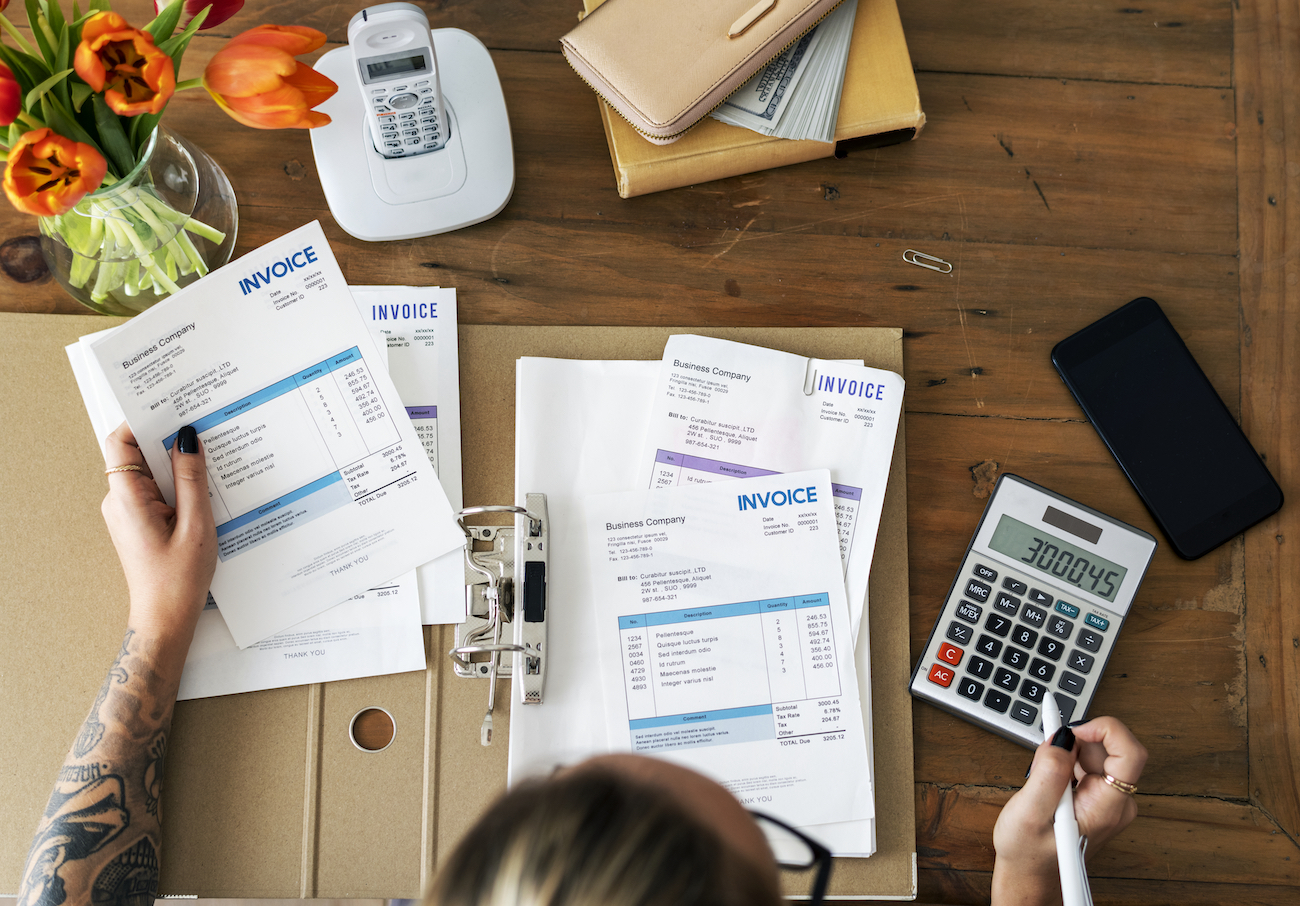When you create a business the first step is to register your business with your state. Each state has different processes fortunately (or unfortunately) that you could learn to do yourself but it can get clunky and weird. If you have some extra money (around $500) it’s highly recommended that you start your business with a company that specialized in that such as “LegalZoom”. There are others companies who do something similar but the important part of accounting is what kind of business entity you are setting up your business.
The 5 Types of Legal Businesses
- Sole Proprietor
- LLC
- Partnership
- Corporation
- Non-Profit
Assuming you are going into business to make money by selling a product or service, you are not going to open a “Non-Profit”. And if this your first time starting a business, you are most likely going to open a Sole Proprietor if you are going into this as a solo entrepreneur or an LLC or Partnership if you are starting a business with less than a $1,000,000 dollars.
There are tons of nuances around types of business so if you would like to learn more, I would reach out to a CPA so see what they would recommend for your specific business idea. For the sake of the blog, I am going to touch on LLC businesses, specifically Multi-Member LLC partnerships.
Do I have to learn accounting as a small business owner?
The truth is: many small business owners do not do their own accounting, even those who are solo entrepreneurs. The tax system is so granular for each business type, each state, and even each year. Why is it this complicated? There are always new regulations coming from Uncle Sam and a lot of the time, it’s the business owners with multi-millions lobbying to do things differently so that can continue to dodge taxes. So the accounting and tax world is an ever change landscape that is difficult to keep up with.
There are some common principals that all small business owners should learn such as the income statement, balance sheet, and common terms such as assets and liabilities. In order to learn that, I recommend getting at least 1 or 2 books on small business accounting, and just grind through it.
I recommend “Financial Statements: A Step-by-Step Guide to Understanding and Creating Financial Reports” by Thomas Ittelson. His book includes a sample business with samples of the financial statements so you can understand how the money moves in a business.
DIY Accounting Software
If you’ve down any research on accounting you’ve probably heard of Quickbooks, Waves, Xero, and many more. They market that you can DIY for your book keeping and accounting for you business, but that is far from the truth. Every small business owners needs a tax preparer to actually submit their documents in each year.
On top of this, many small business owners have a book keeper who goes in each month and categorizes the businesses income and expenses. But many soloprenuers or small businesses do this themselves which is definitely doable with accounting software that range from being “free” to $100s of dollars per month. The tax preparer is the only real necessity which will usually charge you around $100 – $1000 to preparer and submit your business tax documents.
Do I need accounting software?
Simple answer: no. You can use a piece of paper or even an excel sheet. There is nothing wrong doing it this way as long as you keep accurate and detailed records when it comes to submitting your taxes.
Now what?
At the point you might seem overwhelmed thinking about all this, especially with the fear of the “tax man.” The steps I would follow if you have no ideas where to start or what to do next is:
- Legally create your business with LegalZoom. (or similar company.)
- Create a Single-Member LLC if you are starting this by yourself, or a Multi-Member LLC if you are starting this with others. This will help protect your personal assets if somebody where to sue your business and help scale as your business gets larger.
- Find a local CPA
- Open up google and search “cpa tax accountant near me”. You don’t have to use a local CPA, but I think it’ll be better in case your need to visit, sign documents, or just build a relationship.
- Ask your CPA what is recommended for book keeping?
- Sometimes your accountant also offer services for book keeping. If you would like to do it yourself, it’s best you use a similar program or system that your CPA and tax preparer can understand and modify if needed.
- Get 1-2 books on “Small Business Accounting”
- Be sure you understand some of the terminalogy and the financial statements since that will be the life line of your business. Not understanding these kinds of measurements is the same as not understanding the simple fundamental “health” of your own body.
- Try DIY accounting software or with a spreadsheet
- Research the differences between QuickBooks, Xero, Waves and others and see if this is something you want to learn and take on, or pay someone $100-200 a month to do for you.
You can do it!
That basically the gist of it, even though it seems like a lot. The important part is to tackle this one thing at a time. Don’t feel like you need to understand EVERYTHING before you get started. A lot of business owners just figure this stuff out along the way. Feel comfortable with not knowing everything, and moving forward anyways!

